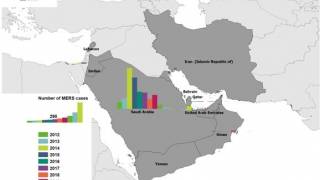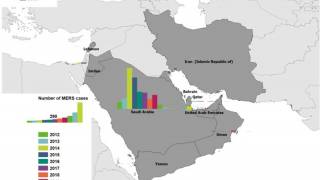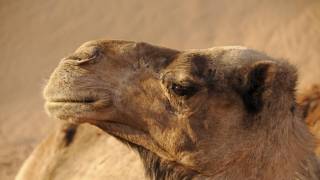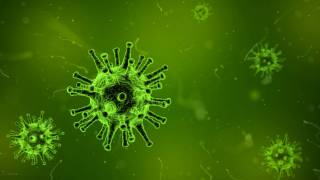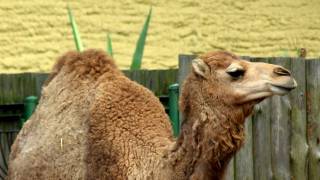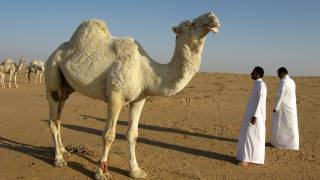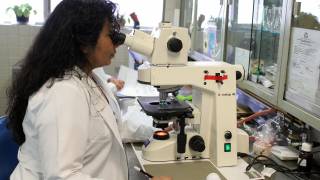MERS Vaccine Shows Promise in Animals

Middle East Respiratory Syndrome (MERS) coronavirus may soon meet its match — in the form of a synthetic DNA vaccine.
The new vaccine has been tested on camels and monkeys — animals thought to host the virus — by University of Pennsylvania researchers. They tested the vaccine on two fronts: immunizing the animals and protecting patients at risk of contracting MERS.
"The significant recent increase in MERS cases, coupled with the lack of effective antiviral therapies or vaccines to treat or prevent this infection, have raised significant concern," said lead researcher David B. Weiner, PhD, a professor of pathology at UPenn, in a news release. "Accordingly the development of a vaccine for MERS remains a high priority."
MERS, a respiratory disease, causes high fever, trouble breathing and cough. According to the Centers for Disease Control and Prevention (CDC), it’s quite dangerous — 30 to 40 percent of MERS patients die.
MERS has been linked to over 1,400 cases in the Middle East, US and Europe since it was discovered in 2012, according to BBC News.
In this latest research, the new vaccine appeared to protect monkeys from MERS and prompt camels to produce “potentially protective” antibodies in camels.
The thinking here is that the vaccine could reduce the spread of infection among humans.
The animal study of this MERS vaccine was published in Science Translational Medicine.
Funding came from the National Institute of Allergy and Infectious Disease, and the researchers disclosed no competing interest.
Our Trust Standards: Medical Advisory Committee




